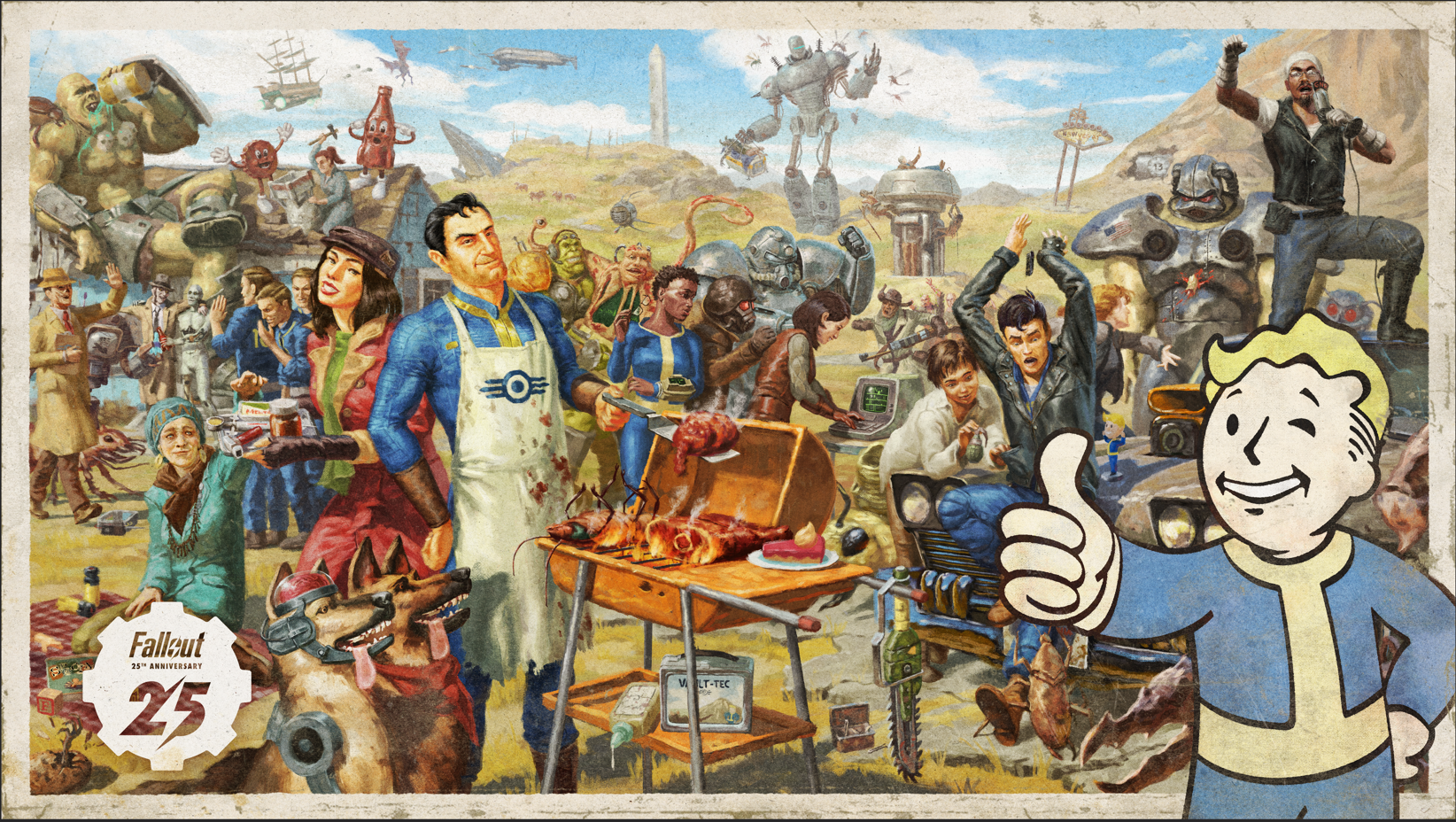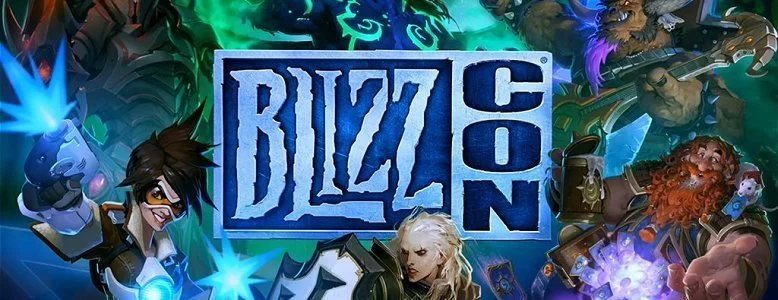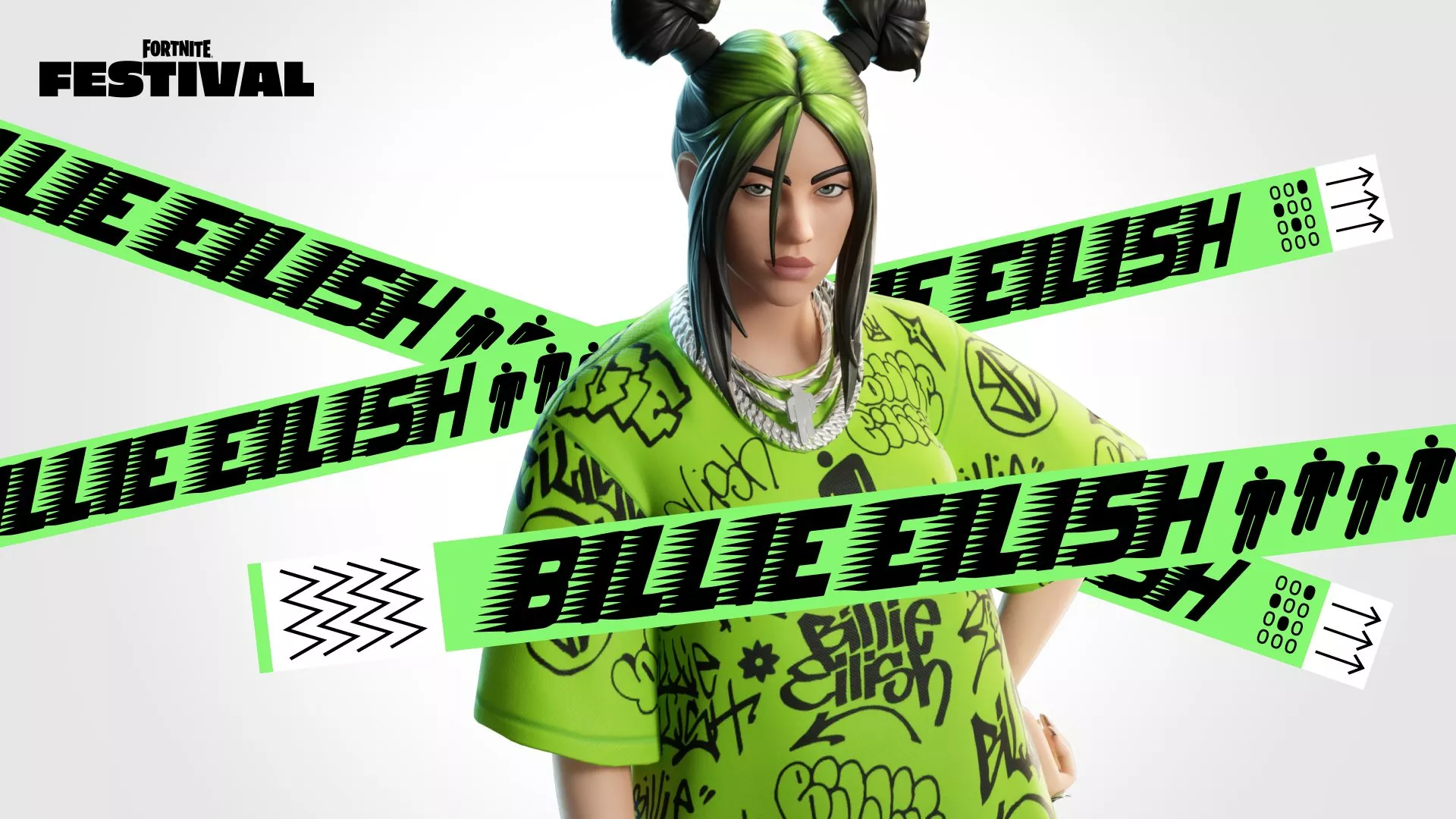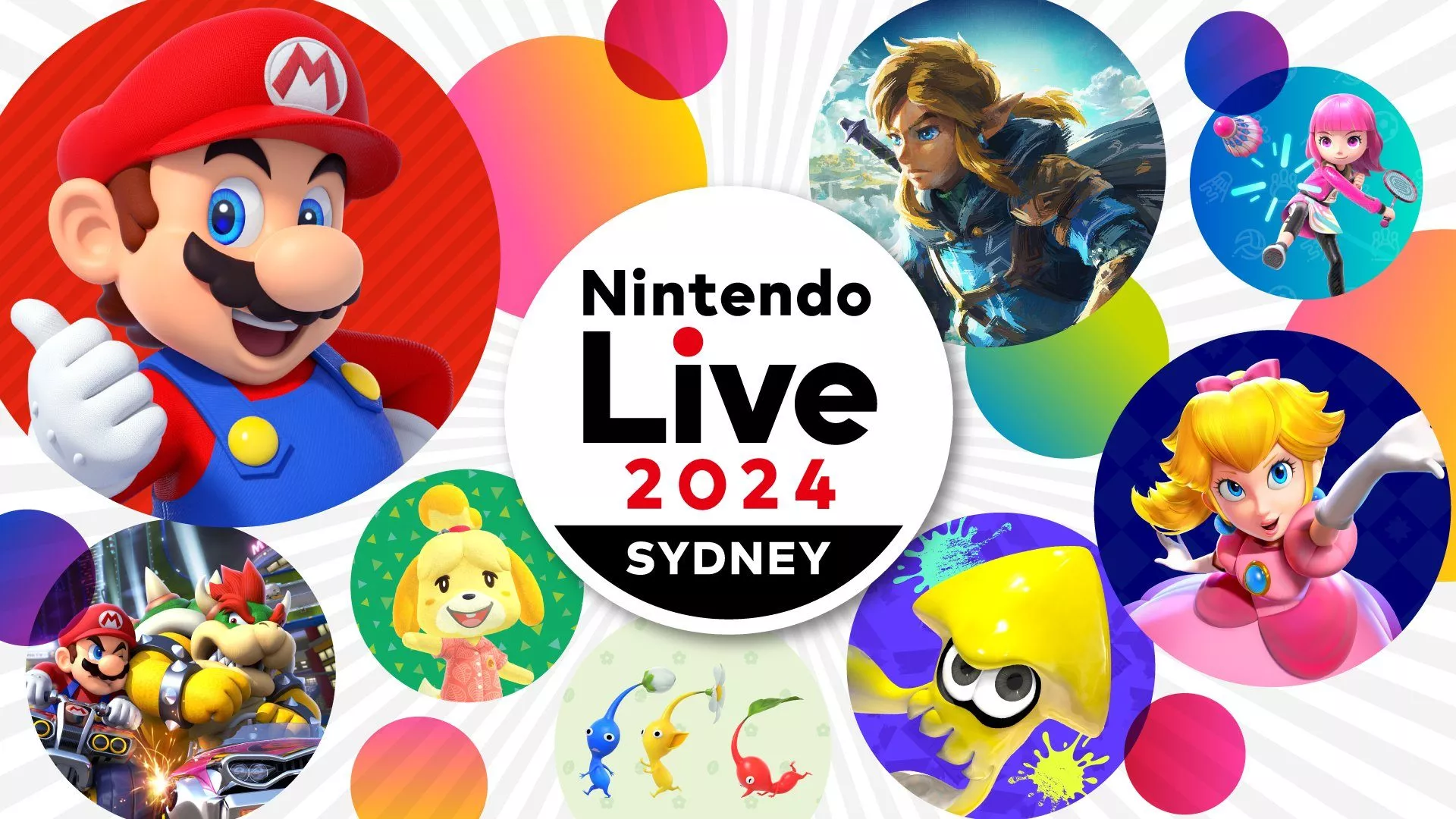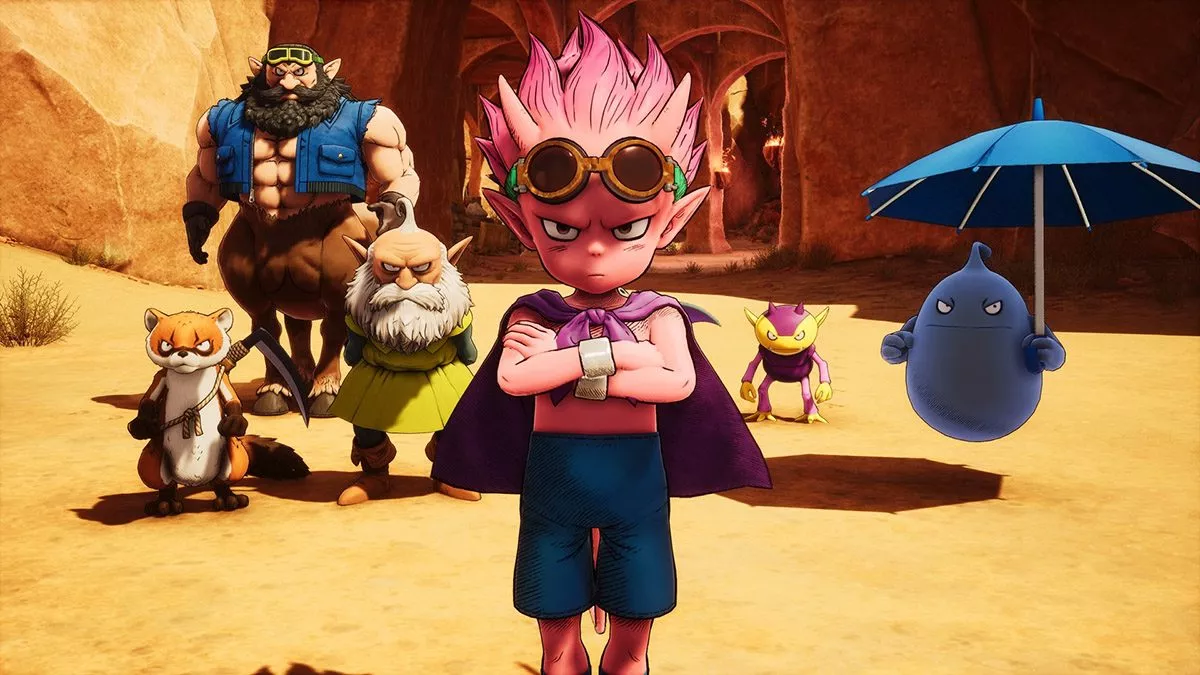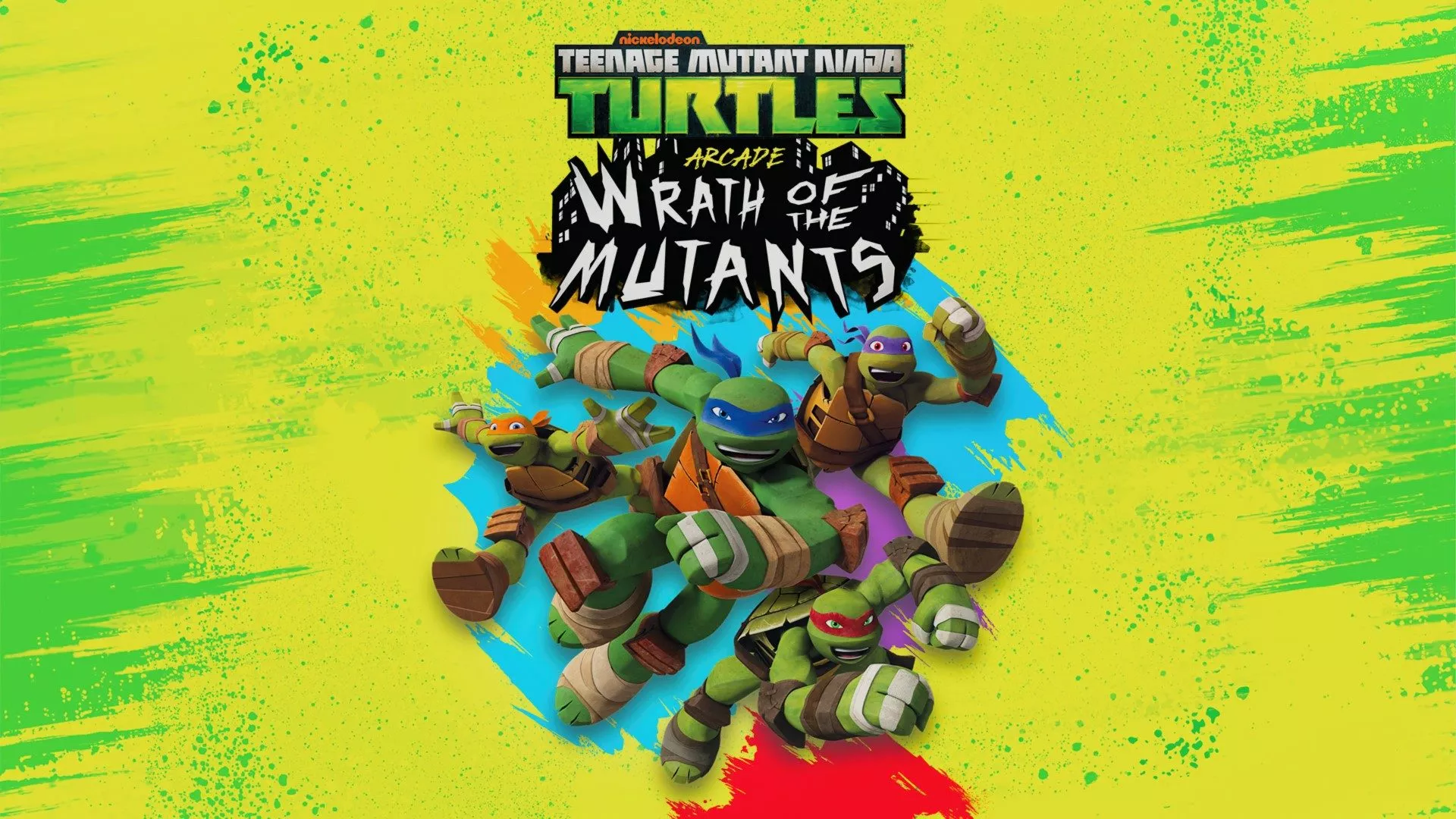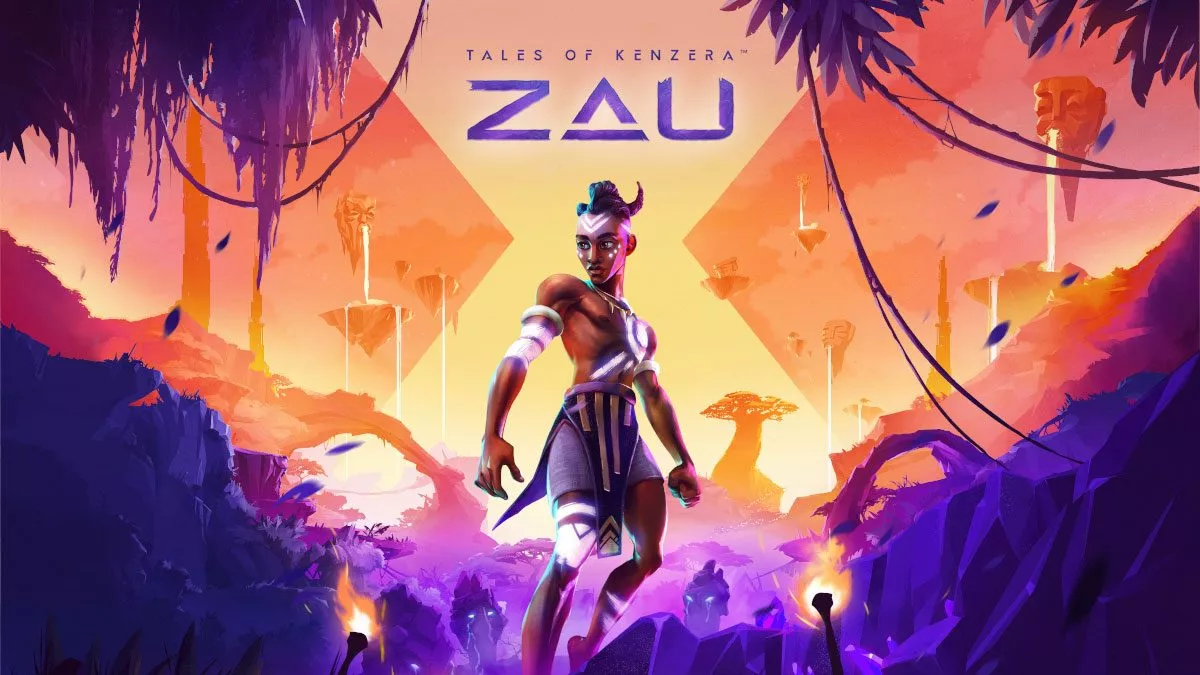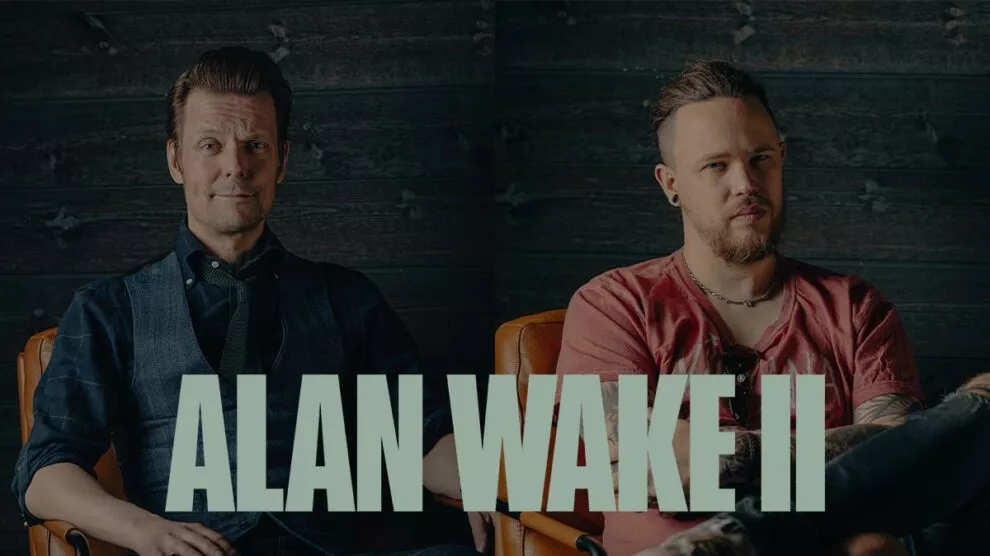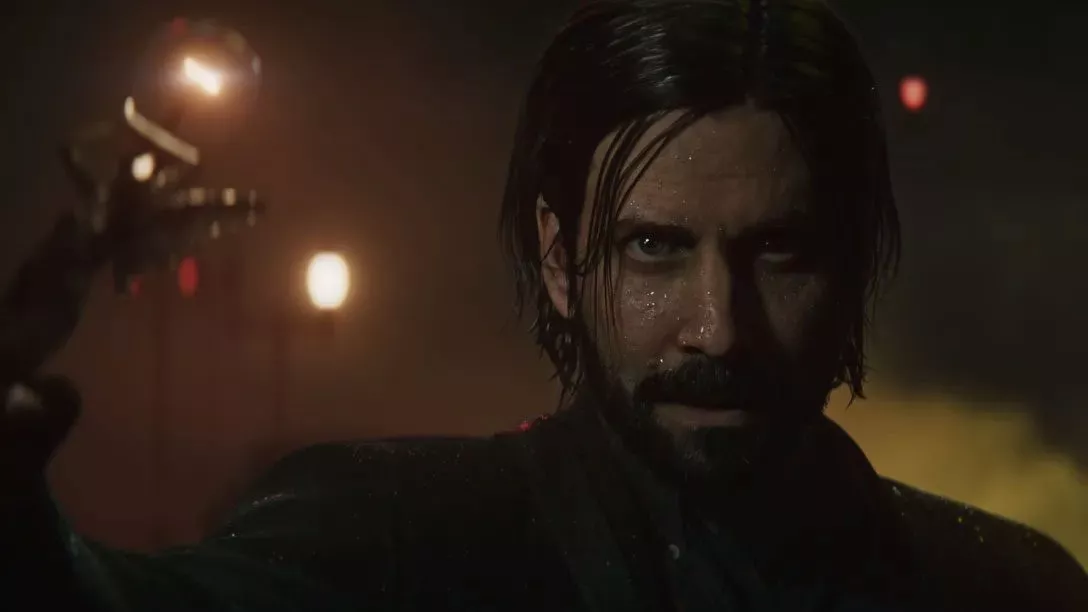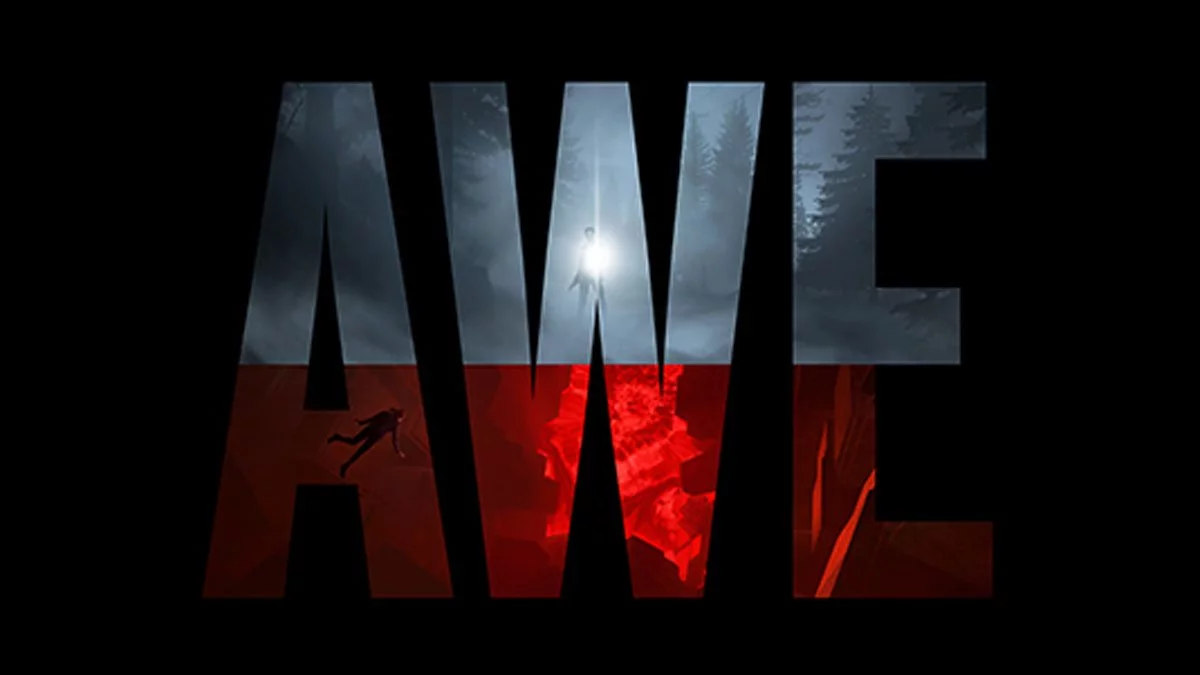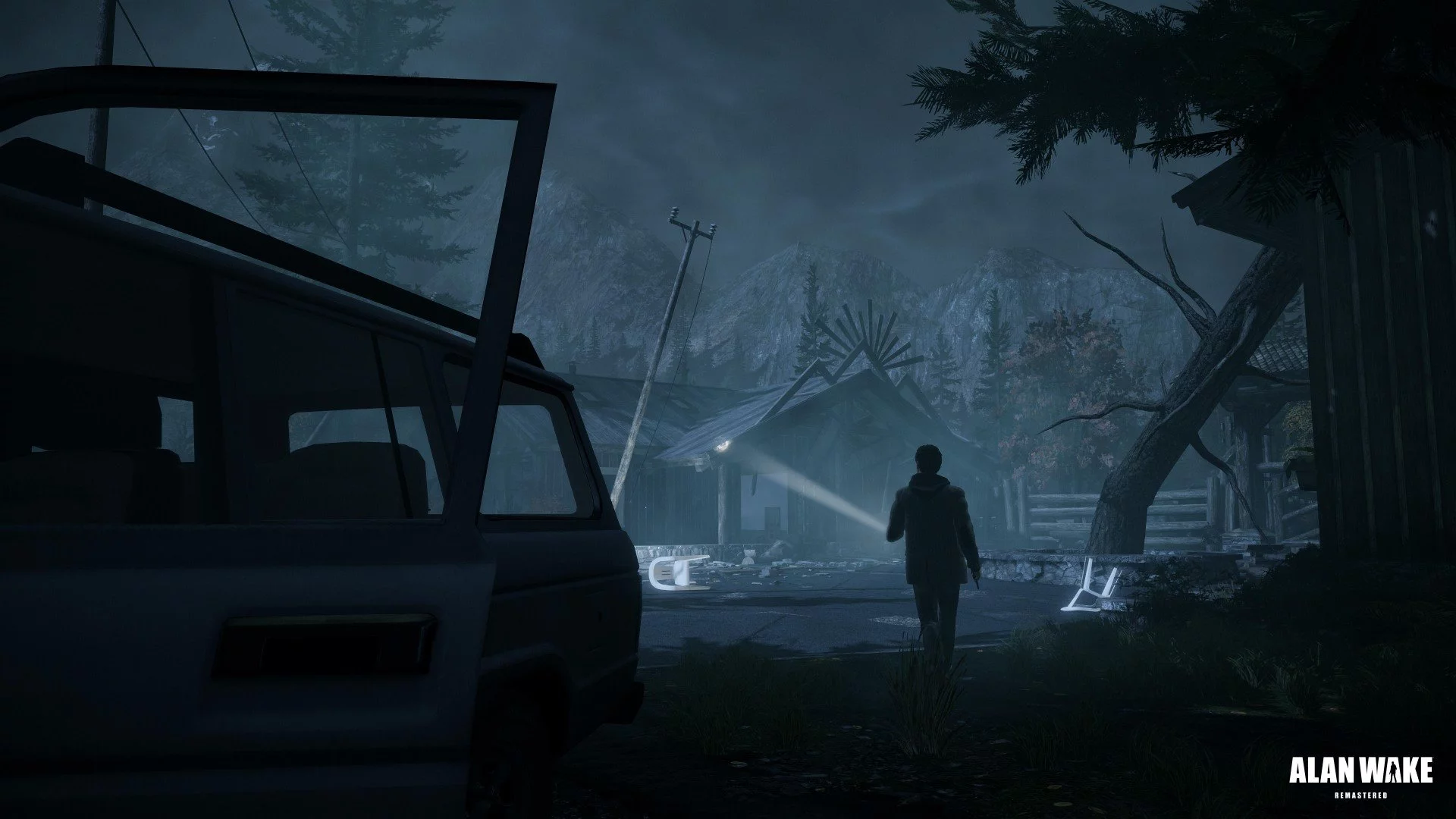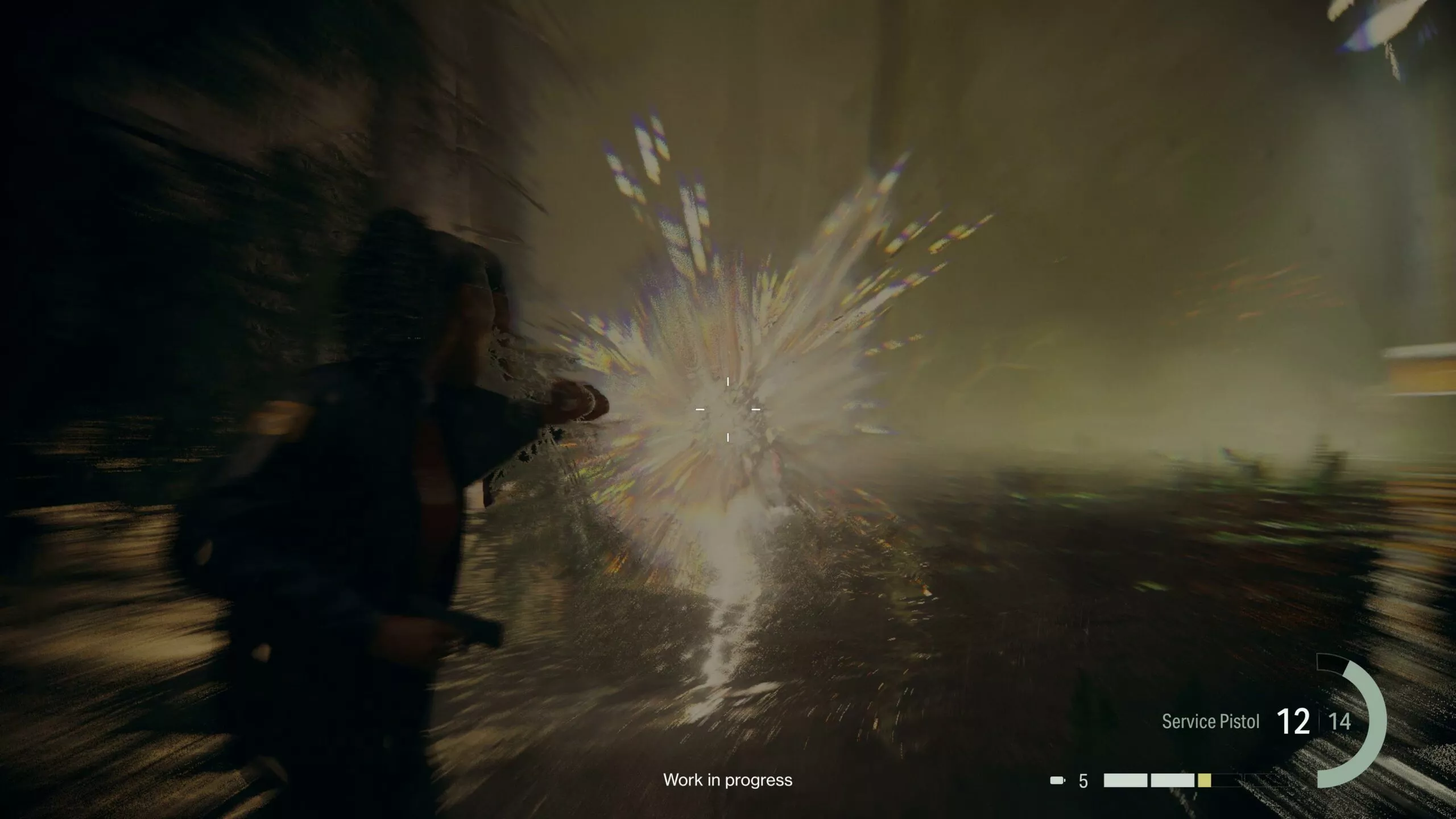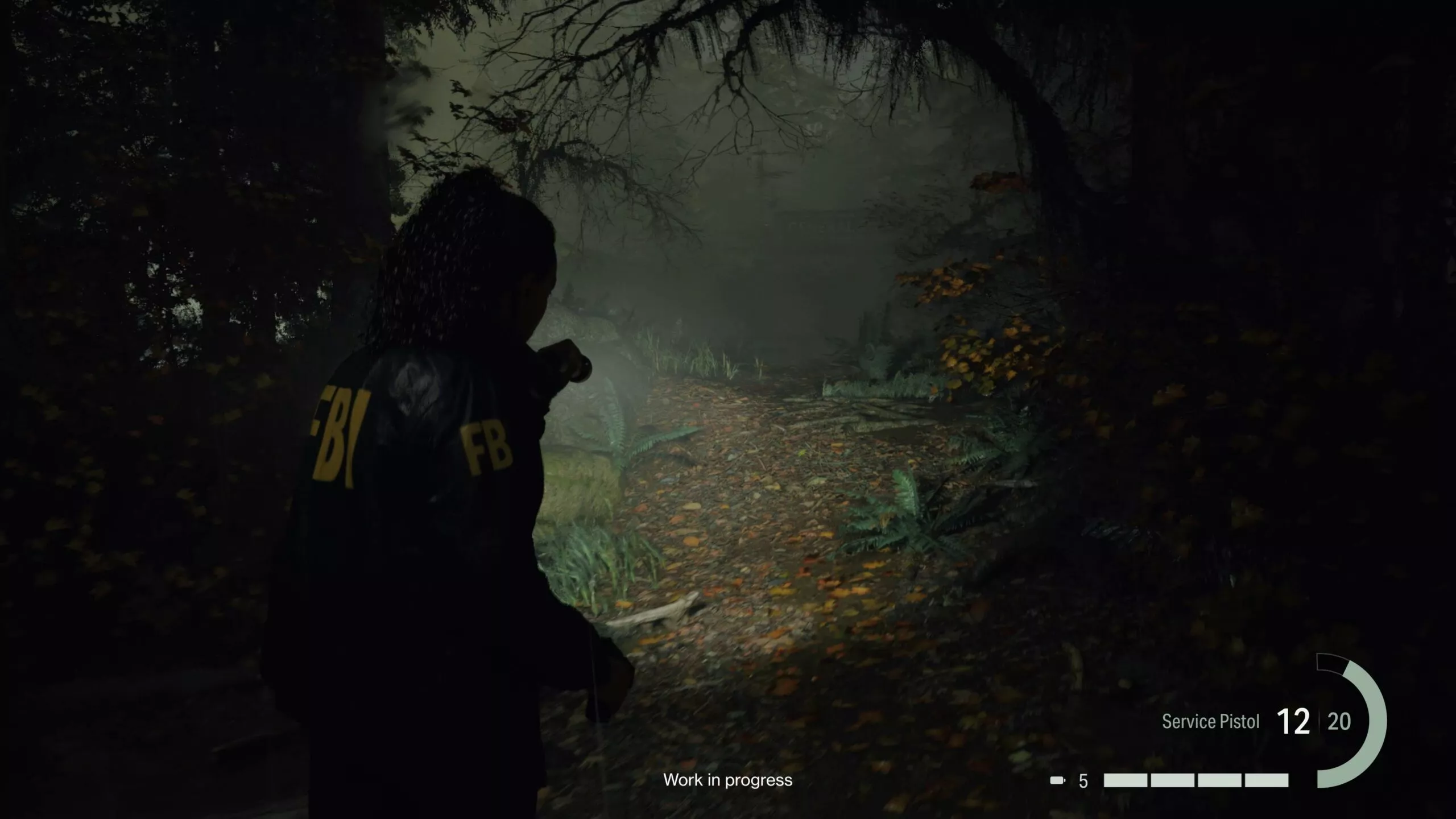The long, winding road to a proper Alan Wake sequel.
While in Los Angeles for Summer Games Fest, Stevivor was kindly offered the chance to sit down and chat with Remedy Entertainment creative director Sam Lake and Alan Wake 2 game director Kyle Rowley following an extended behind closed doors look at the hotly anticipated game.
This interview has been edited for length and clarity.
Jam Walker, Stevivor: How is it being able to finally talk about this thing that you’ve been sitting on for years?
Sam Lake: It’s exciting. It’s fantastic. There is always such a long period of time before we can really talk about what we are doing. It’s really, really important in many ways for the team back home to see a bit of the response. There’s a lot of hard work still in the coming couple of months getting it all done, so getting any kind of a boost is pretty important. You start to get kind of like, ‘whoa… wow!’
Stevivor: How many years has it actually been in active development? How long have you been sitting on this?
Kyle Rowley: *laughs exasperatingly* Well it depends on what you mean by active development. When I joined the project (Sam was) still writing Control at that time?
Sam Lake: Yeah I was still writing the final bits of Control when Kyle came on board, and we were having discussions on the vision (for Alan Wake 2) a lot at that point, but yeah, I think (it was during) the final days of Control, for sure.
Kyle Rowley: So I guess, like four and a half years ago now?
Sam Lake: Yeah, I would say four or more, yeah. Something like that.
Stevivor: How did you deal with Covid dropping right in the middle of that?
Sam Lake: It was hard, especially for the early part of the project which is a lot of team building and concepting, and just being energized by new ideas and bouncing those around. Suddenly it’s not immediate, and it did kind of slow things down a lot. Also the whole process of casting the actors for the roles and just figuring out ‘how can we start shooting this?’
Stevivor: Has Remedy really changed from that experience?
Kyle Rowley: Yeah a lot! We now work in a hybrid model. Depending on the project, staff can now decide how many days they’re in the studio. It’s much more flexible. We do have some people who work fully remotely from other countries too.
Sam Lake: Remedy has been growing quite a bit through recent years to the point where we could not even fit everybody at our office!
Stevivor: Years ago you yourself Sam made comments about how you wanted to work on a sequel but at the time the funding wasn’t there. What changed?
Sam Lake: Things just finally clicked into place in the right way. We’d been trying through the years. Together with the game director of Control, Mikael Kasurinen, we created a concept for Alan Wake 2, even before Control, and some elements on the story side are still present in this. There were some ideas like ‘less linear, more of a hub-like structure’, and that concept had a lot more action, but at that point we just felt like ‘this doesn’t quite feel like Alan Wake, how about if we just take the design of this and figure out something else around it,’ which ended up being Control.
Because of this thinking though it was clear to us that this is going to be set in the same world. We won’t say anything beforehand, but players will discover that this is in the same world as Alan Wake. So that was one thing, and then the other thing was that we got the publishing rights of the original game back, and immediately from that was the idea that now we can create a remastered version for multi-platform, because the original was only on the Xbox (360) and then on PC. That’s the package that we started meeting publishers with, and when we went to Epic with this idea to create a remaster for the original game and then a sequel they were excited! We did the AWE downloadable episode for Control too, which is an out-in-the-open full crossover that sets up the sequel. Just all of these pieces!
Stevivor: You tried to stack the deck as much as possible for like, “SEQUEL NOW PLEASE!”
Sam Lake: *laughs* yes, yeah!
Stevivor: So how did the idea of this shared ‘Remedyverse’ come about?
Sam Lake: With Control it just felt like, well now we have two IPs that we are building so now we can make a connection between them. Then going into Alan Wake 2 our idea was very much that yes, it’s a sequel, but it needs to also be standalone enough for new players who have not played Remedy games before. It’s very approachable. Saga’s character is a newcomer into this craziness and is learning as she goes, but also returning players have this long of a gap between the games. We’ll be learning where we are, but it’s very much a Remedy connected universe experience. There are a tonne of things and connection points to be discovered when you start digging into it.
Stevivor: Is that a hard tightrope to walk creatively?
Sam Lake: The danger of something like a connected universe we do see clearly. It could be just catering to an existing audience, and we don’t feel that’s the way to go. That’s not stopping us from doing all kinds of story threads, picking up and continuing for those fans who are coming back and making it rewarding for them.
Stevivor: And is Death Rally part of that universe?
Sam Lake: *laughs* We have not talked about that. We will figure it out at some point. I’m sure we can find a way, yes. I’m sure!
Jam: One thing that was really memorable with the first game was the sort of TV episode structure. Is that coming back?
Sam Lake: It is, kind of. It is in a slightly more modern way that comes with the more open structure of the game. The main story path is divided into episodes. We are calling them chapters, because obviously with Alan Wake, we are dealing a lot with the manuscript of a novel, so ‘chapters’ felt like fitting title for it. We are not taking you out from the world between the episodes.
When an episode ends, reminiscent of the original Alan Wake, there is a kind of an ending title video, and there is a specific song playing to kind of fit into the themes of the previous episode and the mood. Once that’s done you are back in the game where that episode ended, and for a varying amount of time when you are between episodes, you know what your next mission is.
There is a bit of traveling through the world to get to where the goal is, and then depending on where it’s a fitting point for kind of a dramatic moment, we will do the title of the next episode, and then you are kind of inside that episode and play to the end. So yes, it’s there, but modified to accommodate the more modern structure of the game itself.
Stevivor: A more modern style of presentation like the Netflix thing where you scramble for the remote before the credits auto-skip?
Sam Lake: *laughs* We give you an option to skip but otherwise the song will play.
Stevivor: Was making the real-life 13-year gap a part of the narrative always the intention?
Sam Lake: No, but with all of our games we’ve always felt ‘well, it’s present day’. They should be set in the present day when the game is done. That’s when the story happens. To me it just felt that as the years went by, we knew from a drama perspective that Alan trying to escape from the dark place was going to be increasingly hard, so the longer the time went by the more fitting it felt.
Stevivor: It has to be kind of cathartic putting Alan through the same 13 year trauma you went through.
Sam Lake: *laughs* Yeah, and without going into specifics, there is quite a bit of meta in this. There was in previous games as well, but quite a bit more here.
Stevivor: How did the decision to go only digital come about? I admit that I did get a bit sad at the thought of not having another fake Alan novel to sit next to my original collector’s edition.
Sam Lake: Yeah there’s definitely no plans for a novel. There’s just been so much work. It feels like for a modern game there is even more work than ever before, and this is our most ambitious game, and biggest game content wise. There has not been bandwidth for that. There was a discussion between Remedy and Epic on how we are going forward and digital only is our current plan.
Stevivor: Is there the possibility down the road? There’s so many boutique physical-run companies like iam8bit now.
Kyle Rowley: Not right now. We’re just so focused on trying to get this done. One of the things that being digital only gives us is more time. More time to polish and make the best game that we can.
Sam Lake: From a creator’s perspective it really helps us, getting that more time.
Kyle Rowley: It also helps us keep the costs a bit lower than the new standard of price points for new games.
Stevivor: How did the conscious decision to shift genre to survival horror come about? The original was spooky in a slightly cheesy kind of way but the sequel appears genuinely creepy.
Kyle Rowley: It was a couple of things. This was the first concept for a sequel that had this genre. When we were brainstorming ideas of what this game could be we looked at the first Alan and while it had a horror tone, the gameplay was very action focused which created a bit of a dissonance between what the story was trying to say and how the player experienced it.
We just felt like for this game we wanted to make that one cohesive package of horror gameplay. Slower paced, closer camera, more claustrophobic, close to the environment, making the enemies feel more physical… just making it a bit more scary, which goes alongside the horror narrative that we’re trying to tell. There was a renaissance of horror games actually just when we started this process…
Sam Lake: Horror in general I feel across different mediums is bigger and more popular than ever. Which is great being a fan! Things that were really niche are being embraced widely.
Kyle Rowley: It all just kind of clicked into place and made sense. We were talking internally about ‘what do we do really well at Remedy?’ I think we do good gunplay and whatever, but atmosphere and mood are things that we do really well. Because horror relies on that stuff so much we thought, well lets lean into the stuff that we’re very good at.
Sam Lake: Also from the story perspective, because this is very, very story focused, we wanted to be really ambitious with that interactive storytelling. It did feel liberating creating a horror story while knowing from early on that this is going to be a mature rated game. With Alan Wake we kept having that discussion, and there was this clear hope that we could make it teen rated.
Afterwards some market research actually came back saying that it could have sold more if it had been a mature-rated title, so here that decision was made really, really early on. To me with the story it just felt like ‘we don’t need to hold back.’ The intention has never been ‘lets add horror for its own sake’, it was just like, we can go deeper into psychological horror and explore themes that might kind of take this over, and if that’s not the desire, then it’s always an awkward kind of adjustment, so knowing that beforehand felt great.
Kyle Rowley: I feel like even now with Alan Wake 1 people often ask, ‘is this a horror game?’, and well it’s kind of a horror game but not really. It was just a bit confusing for consumers to kind of understand what it is they’re playing, and here we just want to be very clear. It’s horror. It’s a horror game.
Alan Wake 2 heads to Windows PC, Xbox Series S, Xbox Series X and PS5 on 17 October 2023. Check out our recent Summer Game Fest preview here.
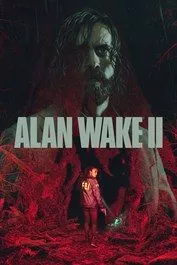 |
Alan Wake 227 October 2023PC PS5 Xbox Series S & X |
This article may contain affiliate links, meaning we could earn a small commission if you click-through and make a purchase. Stevivor is an independent outlet and our journalism is in no way influenced by any advertiser or commercial initiative.


